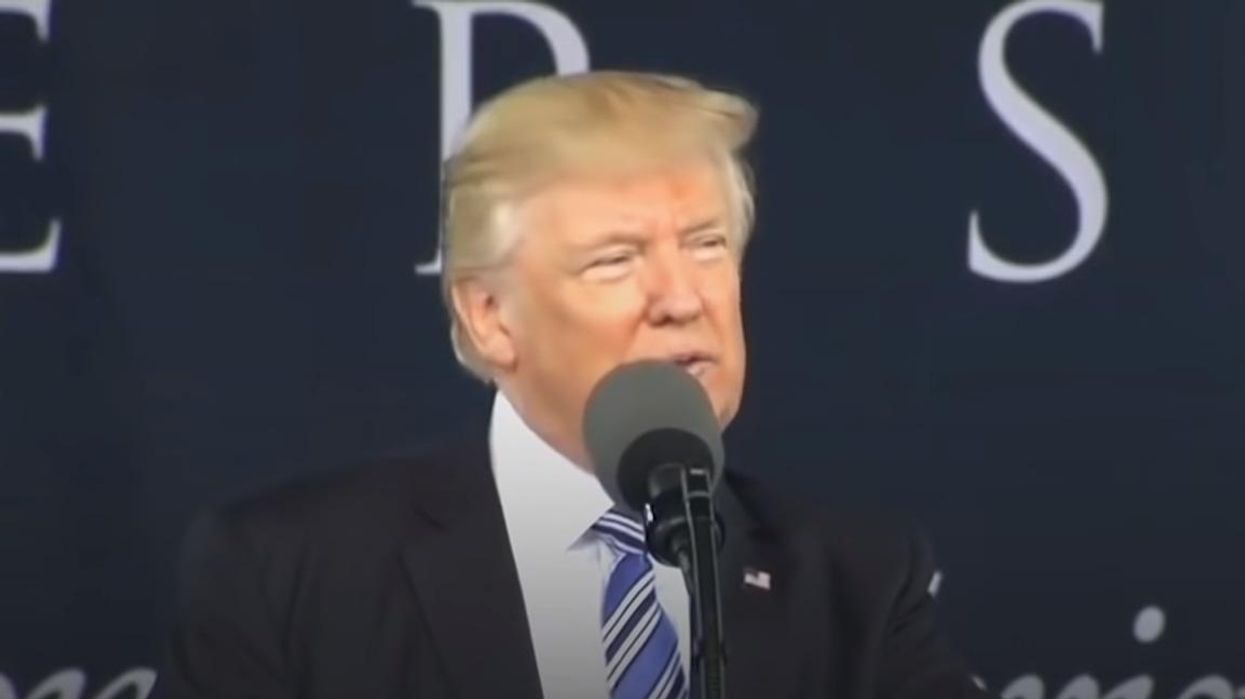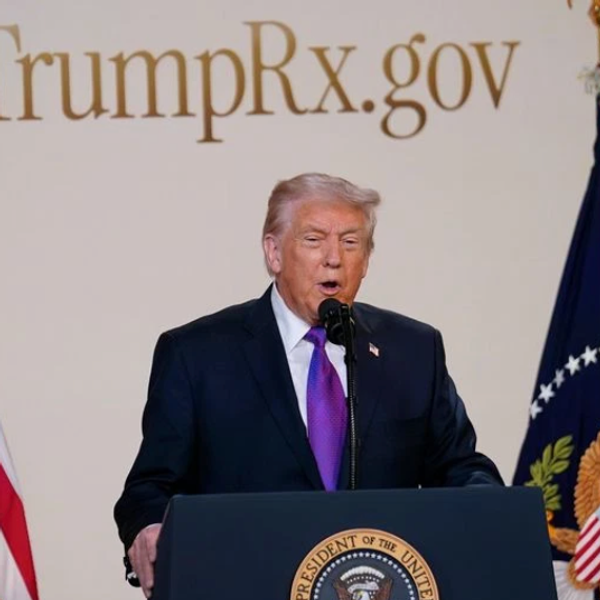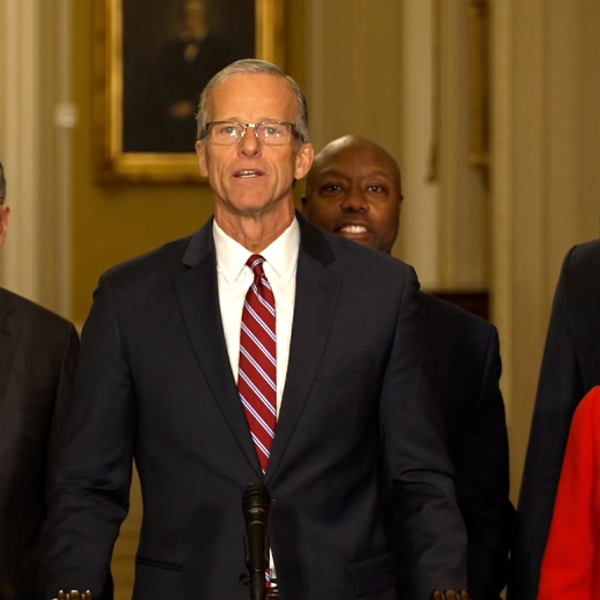
Donald Trump
In the days and weeks following the 2020 election, a host of subordinates told Donald Trump a simple truth that he did not want to hear: He had lost the election fair and square. There was no widespread fraud, no massive irregularities, no hope in a recount. But he insisted on maintaining the fiction that the election was stolen.
At Monday's hearing of the House committee investigating the January 6 attack on the Capitol, one Trump subordinate after another was heard in recorded depositions dismissing his claims. Once under oath, aides who had faithfully served and defended him had to acknowledge his utter disdain for the truth.
They obviously got weary of listening to his baseless fulminations. But the more important question is: Do Trump's voters ever get tired of being lied to?
That's a question that has been pondered for the past seven years, and the answer has always been "no." No presidential candidate has ever been so transparent or relentless in trying to deceive. None has ever been so successful at fooling his followers and profiting from their gullibility.
The fraud was obvious from the start. A central theme of Trump's 2016 campaign was the promise to build a wall on our southern border and make Mexico pay for it. At his rallies, adoring crowds chanted, "Build The Wall."
Early in his term, a transcript leaked documenting his phone call with Mexican President Enrique Pena Nieto, in which he pleaded pathetically for help in maintaining this fantasy: "The fact is we are both in a little bit of a political bind because I have to have Mexico pay for the wall — I have to."
Pena Nieto refused. In four years, Trump built only a tiny portion of his wall, and Mexico didn't pay for it. But the failure didn't matter to Trump's followers.
His presidency was a nonstop parade of lies, beginning on Inauguration Day, when he sent his press secretary out to make false claims about the size of the crowd at his swearing-in.
He also lied about important matters, as when he said he had gotten North Korean dictator Kim Jong Un to agree to give up his nuclear weapons. He said he would "force the Iranians back to the bargaining table to make a much better deal" than the nuclear agreement he renounced in 2018.
He promised to repeal Obamacare and replace it with a program that provided health insurance for "everybody" that would be "much less expensive and much better." He promised a massive investment in infrastructure to "fix our inner cities and rebuild our highways, bridges, tunnels, airports, school, hospitals."
In his inaugural address, Trump railed against "the crime and the gangs and the drugs that have stolen too many lives" and declared, "This American carnage stops right here and stops right now." But the rate of murders and other violent crime was higher when he left office than when he arrived. If Trump said something would happen, you could be sure it would not.
His insistence that the election was stolen was just another con. His own attorney general and campaign manager, among others, told him to give it up, but he refused.
"There was never an indication of interest in what the actual facts were," said former Attorney General William Barr, who regarded Trump's allegations as "crazy stuff," "nonsense," "rubbish" and "bulls—-."
This is the same Barr who staunchly defended Trump after the release of Special Counsel Robert Mueller's damning report on Russia's interference in the 2016 election — and who says he would vote for him again.
Trump didn't let the facts deter him from incessantly deceiving his fans — or from using that deception to separate them from their money.
He asked them for donations, supposedly to finance his preposterous efforts to reverse the election results. They gave $250 million. But the "Official Election Defense Fund," the January 6 committee found, didn't exist. His donors were doubly defrauded.
But do Trump's supporters care? Up to now, they've paid no attention to his self-serving duplicity. A January Rasmussen Reports poll found that 85 percent of Republicans have a favorable opinion of him. A recent UMass Amherst poll found that 55 percent of GOP voters would vote for him in the 2024 primaries.
These voters don't say: Stop telling us lies. They say: Give us more. If that's what they want, he will never disappoint them.
Reprinted with permission from Creators.
- Trump Defense Secretary Disarmed D.C. National Guard Before ... ›
- Long After Trump's Election Lawsuits Failed, Cash Poured Into His ... ›
- Poll: January 6 Hearings Pushed Independent Voters Away From GOP - National Memo ›
- Voters Wanted Change, And Now That's What They Will Get - National Memo ›
- Trump Fans Who Flocked To DC Now Furious Over Indoor Inaugural - National Memo ›
- CNN Checks Trump's Rapid-Fire Lies At Emancipation Hall Speech - National Memo ›








